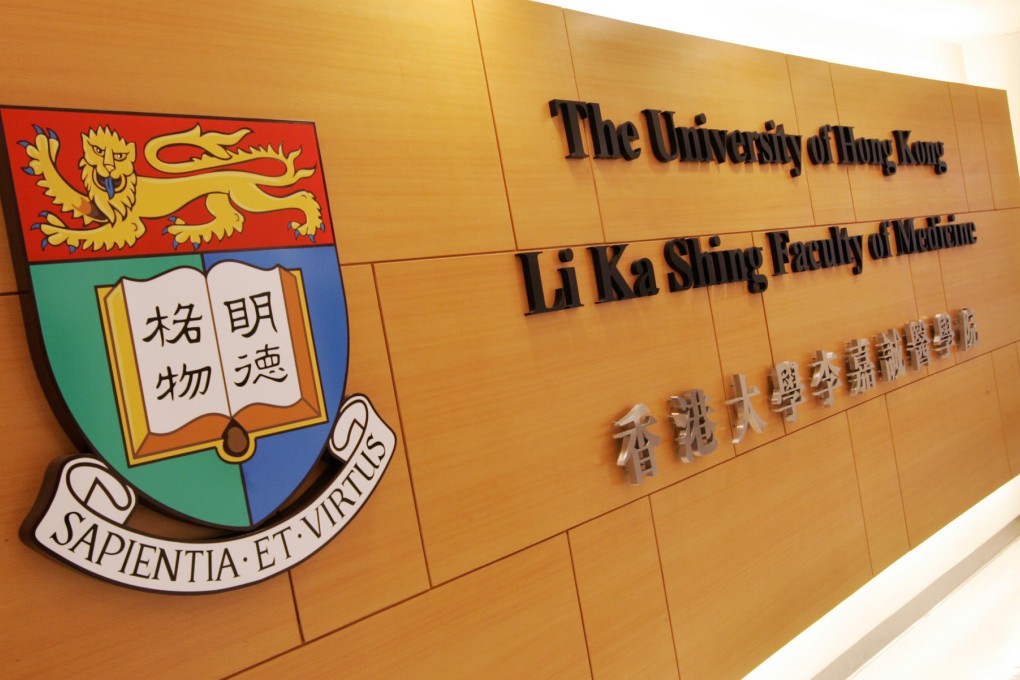Reflections: broadening students' minds is as important as results

It's always good news when scholarships are announced.
Last week the University of Hong Kong's faculty of medicine announced the Springboard Scholarships for those who have overcome difficulties to make the grade for admission. Potential beneficiaries include the economically deprived and others recommended by school principals.
At present, HKU and Chinese University offer only about 400 first-year places each year. Only the cream of the crop of the more than 70,000 candidates in the Hong Kong Diploma of Secondary Education examination will win a spot. Financial support could encourage more talented youths to apply.
HKU also threw open the door to students interested in nursing. From next year, Form Six students need only apply with results in any two electives, which may or may not be science-related, in addition to the four core subjects of Chinese, English, Maths and Liberal Studies.
The relaxed entry requirements will enlarge the pool of candidates and give school leavers more study options. This is another welcome change, as senior form students are rarely clear about what to study or what will appeal to them until later. HKU says it will provide an intensive foundation course for students who had not taken science subjects in senior forms.
Faculty dean Gabriel Leung says academic results alone are not enough to make a good doctor or other medical professional. EQ, or emotional intelligence, and the ability to deal with adversity are as important as knowledge.